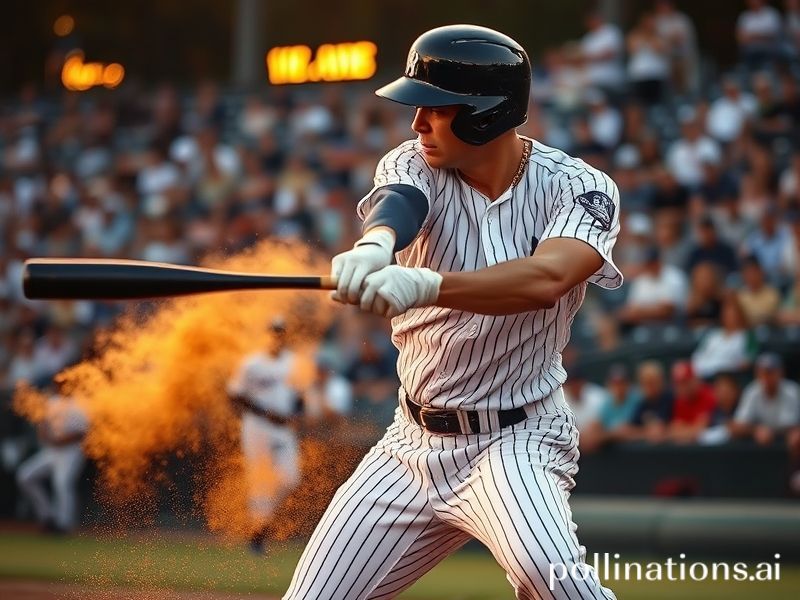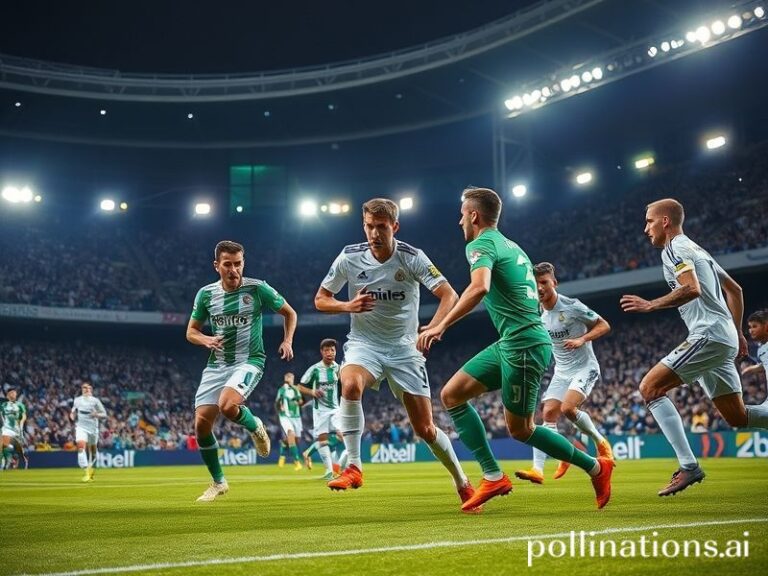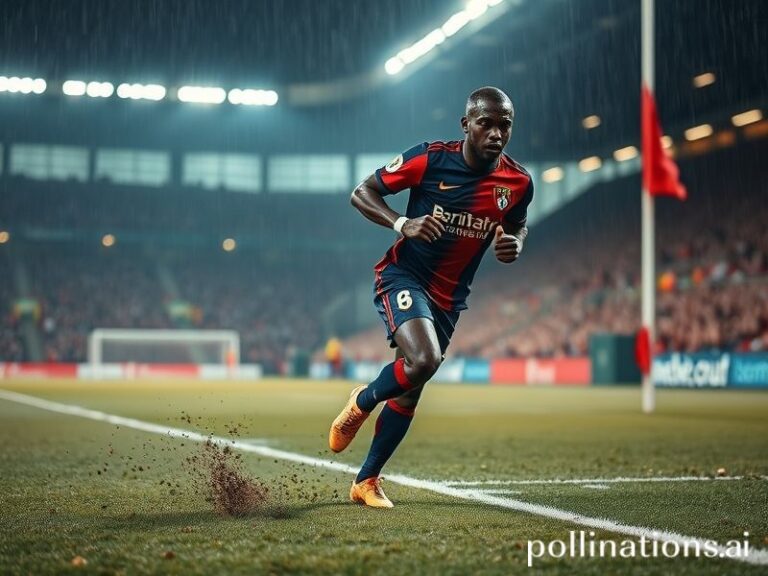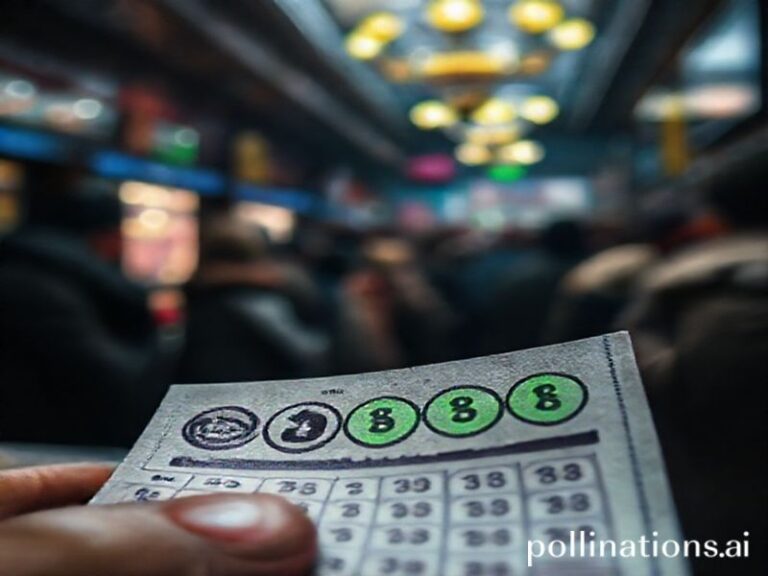Anthony Volpe’s $734K Salary: How America’s Pastime Became the World’s Punchline
**Anthony Volpe: The Shortstop Who Proves America Still Exports Dreams Instead of Democracy**
*From our international desk, where we watch American exceptionalism strike out in real time*
The global village received another shipment of American mythology this week, packaged in pinstripes and delivered via a 22-year-old from Manhattan who apparently decided that $3.7 million wasn’t quite enough to live on. Anthony Volpe, the New York Yankees’ latest shortstop prodigy, has agreed to a one-year deal worth $734,500—roughly the GDP of a small Pacific nation, or what a European footballer spends on hair gel.
While Volpe’s contract negotiations might seem like provincial American baseball chatter, they represent something far more sinister: the continued export of the American Dream™, now available in rookie card format. From the favelas of Rio to the steppes of Mongolia, children who can’t afford clean water are apparently supposed to find inspiration in a kid who grew up on the Upper East Side and still gets marketed as “relatable.”
The international implications are staggering. At a time when the global south drowns in climate debt, America has once again demonstrated its priority: ensuring that a player who hit .209 last season can afford another Rolex. Volpe’s salary could fund a medium-sized UN humanitarian operation, but instead, it will purchase approximately 734,000 baseballs—because nothing says “healing the world” like shagging flies in Tampa.
European observers, still recovering from the cognitive dissonance of American healthcare, watch this spectacle with the bemused horror typically reserved for reality TV. “It’s like watching the Roman Empire pay gladiators while the aqueducts crumble,” noted one Geneva-based analyst between sips of reasonably priced coffee. “Except the Colosseum had better concessions.”
The timing proves particularly exquisite. As developing nations grapple with IMF austerity measures, Volpe’s paycheck arrives like a masterclass in American priorities—teaching the world that hitting a curveball is worth more than curing malaria. One could purchase approximately 367,000 mosquito nets for the price of his seasonal services, but apparently, preventing dengue doesn’t drive cable ratings.
Asian markets have responded with characteristic efficiency, manufacturing Volpe merchandise before he’s even earned his first error. Chinese factories work overtime producing jerseys that will be sold to fans who’ve never seen a baseball game, creating a beautiful ouroboros of capitalism where Communists profit from American exceptionalism while Americans profit from Communist labor. It’s globalization’s greatest hits album, playing on repeat until the polar ice caps finish melting.
Meanwhile, in the Middle East, where water is literally more precious than oil, they watch grown men chase a small white sphere for entertainment and wonder if America has simply run out of real problems. “We have sandstorms that last weeks,” one Dubai resident observed. “They have rain delays.”
The broader significance lies not in Volpe’s batting average but in what he represents: the final transformation of sport from communal ritual to obscene wealth transfer. While his ancestors scraped through Ellis Island with nothing but dreams and typhus, young Anthony will earn in one season what those immigrants couldn’t imagine in ten lifetimes. It’s the American story, really—just with better agents and worse odds.
As the world burns, literally and figuratively, Volpe steps into the batter’s box of history, swinging not just for the fences but for the very soul of a nation that has confused entertainment with substance and wealth with worth. His success will be measured not in championships but in the continued delusion that this—all of this—makes perfect sense.
Play ball, humanity. The clock’s running out, but at least the hot dogs are only $15.







